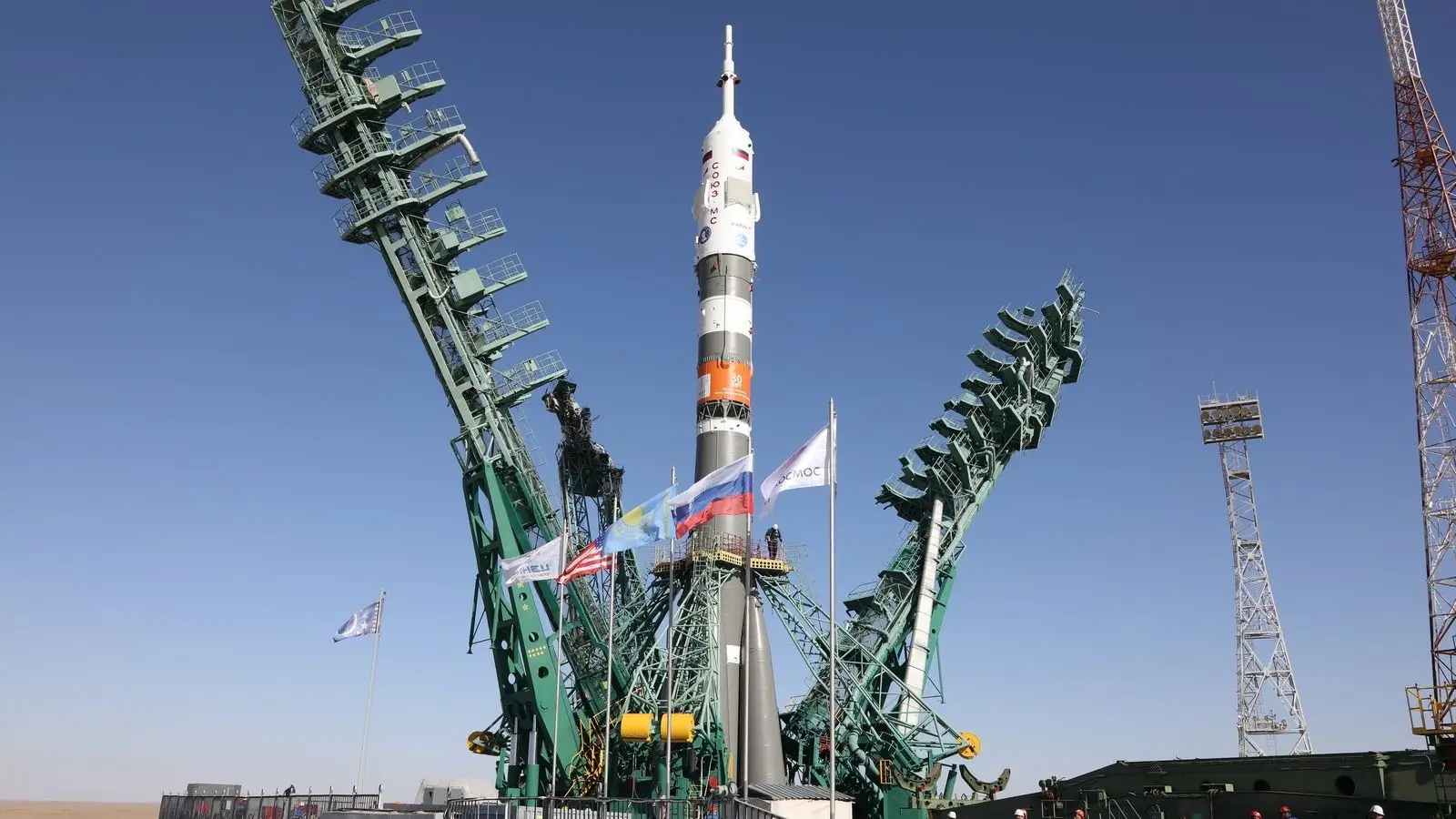Russia’s plan to deploy key modules of its new orbital space station signals a renewed space race, highlighting Moscow’s push for autonomy and strategic advantages.
Plans by Roscosmos to place four key modules of its new orbital outpost into space within the next few years have drawn close attention in Western media. Brandon Weichert, senior national security editor at The National Interest, argues that Moscow’s ambitions signal a new phase in the global space race.
According to his assessment, the tight deadlines announced by Russia should be seen in Washington as a serious warning. He suggested that the United States appears unaware that a fresh competition in orbit is already underway — and that it is falling behind.
Weichert also noted that the future Russian station reflects a major shift in the country’s space strategy, from consolidating autonomy to limiting dependencies on foreign partners. If the project proceeds as planned, Russia would retain the ability to conduct crewed missions in low Earth orbit without relying on the aging ISS, which continues to operate under U.S. leadership.
He highlighted the importance of the station’s high-inclination orbit and its advanced potential for observation and reconnaissance, viewing these factors as key to its strategic weight.
Work on the Russian Orbital Space Station is already in progress. The first module is scheduled for launch in December 2027, with five additional components — including two specialized modules — slated to reach orbit by 2032.

